Country Life Today: Why thousands of discarded banana peels are making Ben Nevis an increasingly treacherous climb
Why abandoned banana peels are making Ben Nevis a treacherous climb; how snow cannons could save our ice caps; the new test which could put an end to bovine TB.
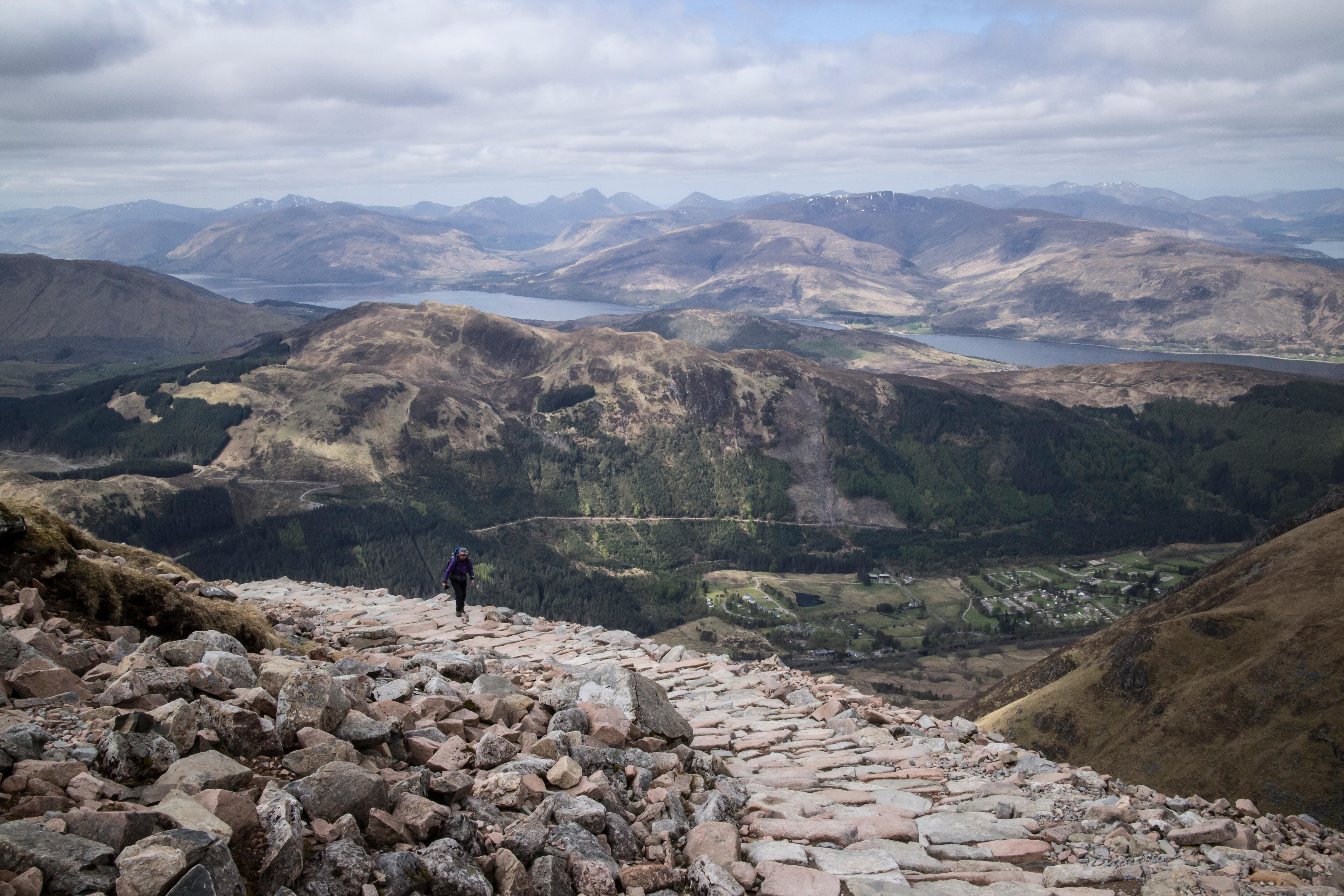

Why the slippery slope of Ben Nevis is even more slippery than normal
Many hikers while approaching the summit of the highest mountain of the British Isles turn to one of the nation's favourite fruits for that little boost of energy needed to reach the top.
While there is nothing wrong with a healthy level of potassium, the 3oo banana skins which are discarded every week on Ben Nevis are having a serious effect on both footpath erosion and the mountain's ecosystem.
Alison Austin, the Ben Nevis land manager at the John Muir Trust, warns against hiking tourists leaving their mark on the mountain, which is part of Britain's famous Three Peaks challenge.
'We know that more experienced hillwalkers understand they should leave nothing behind but their boot prints,' she told The Times. 'But more casual visitors are less likely to be aware, for example, that banana skins can take two years to degrade, which is not just unsightly but can also damage the mountain’s fragile ecosystem.'
Full story (The Times - subscription required)
Why you should be wearing sunscreen at home as well as away
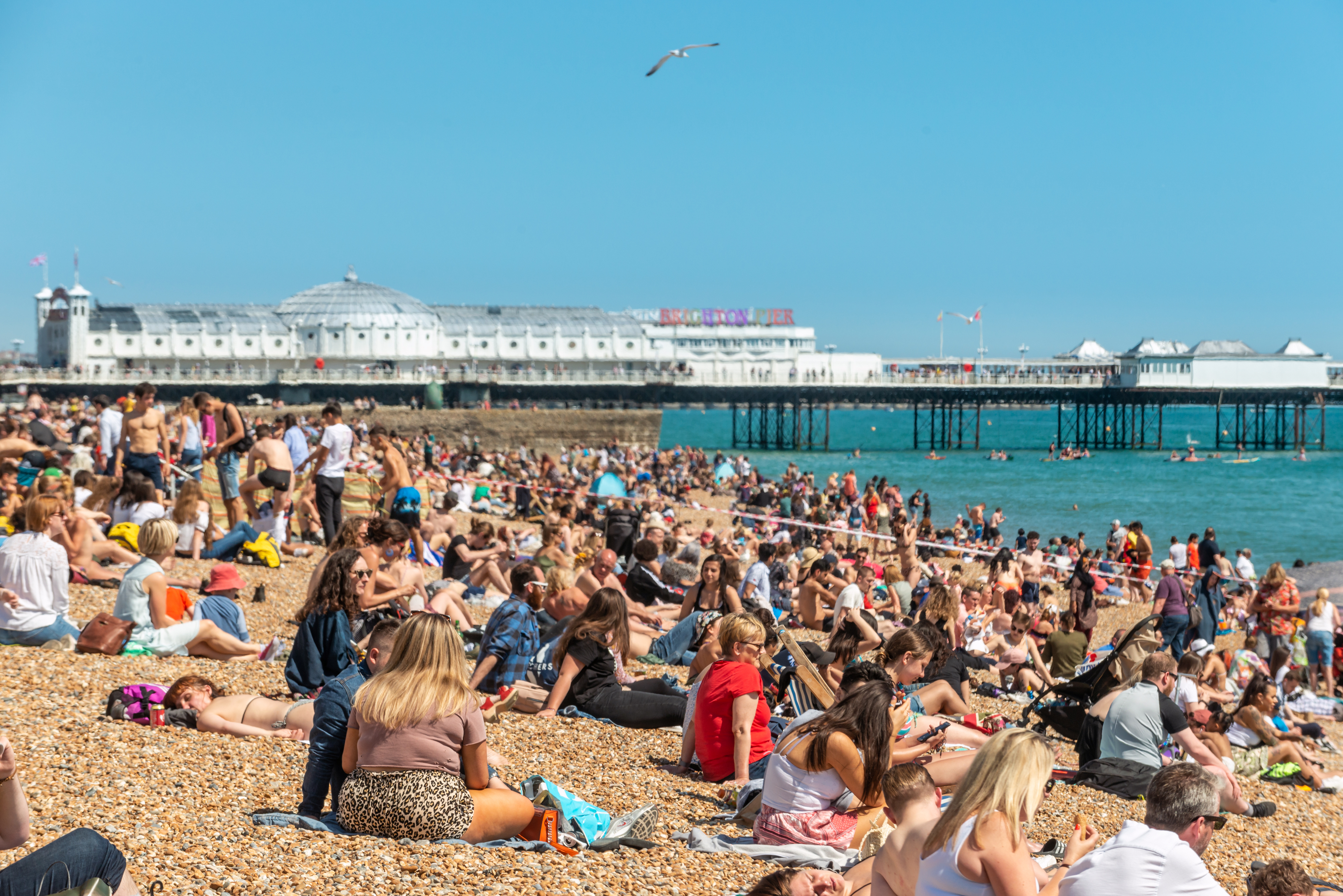
After a lifetime of overcast days and typical British rain, it's hard to imagine our feeble sun doing any real damage. However, it's precisely this way of thinking that is so dangerous, warns Cancer Research UK.
Skin cancer rates have 'soared' the charity says, with diagnosis rates increasing by 78% over the last ten years.
Sign up for the Country Life Newsletter
Exquisite houses, the beauty of Nature, and how to get the most from your life, straight to your inbox.
The advice is exactly the same as one would receive when going abroad: seek shade between 11am and 3pm when the sun is the strongest, and protect yourself with clothing, hats and sunglasses, while regularly applying sunscreen.
After all, if London is going to hit Barcelona-esque temperatures by 2050, we need to get used to the idea that our sun is exactly the same sun that shines over sunny Spain.
Stat of the day
237,750
The number of fans expected to attend Royal Portrush during the week of the 2019 Open Championship, which began at 6:35am this morning. The County Antrim club is hosting the 148th staging of the world's oldest major for the first time in 68 years.
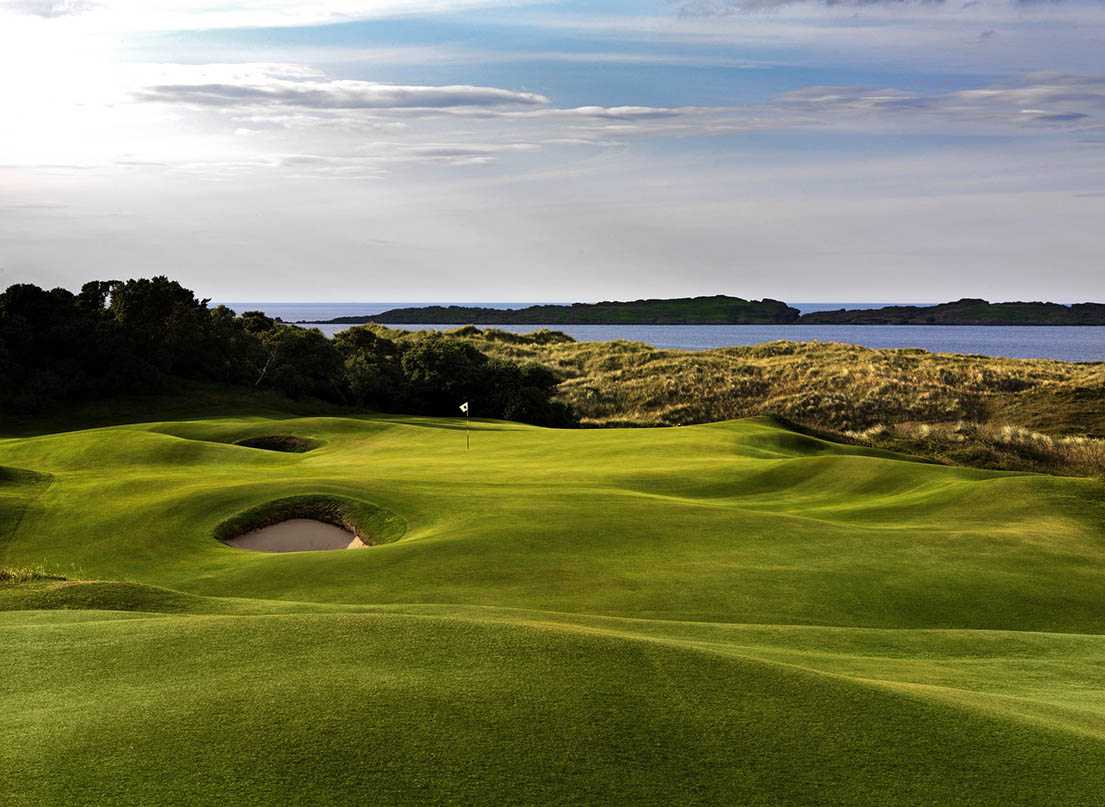
Scientists develop test which could put an end to bovine TB
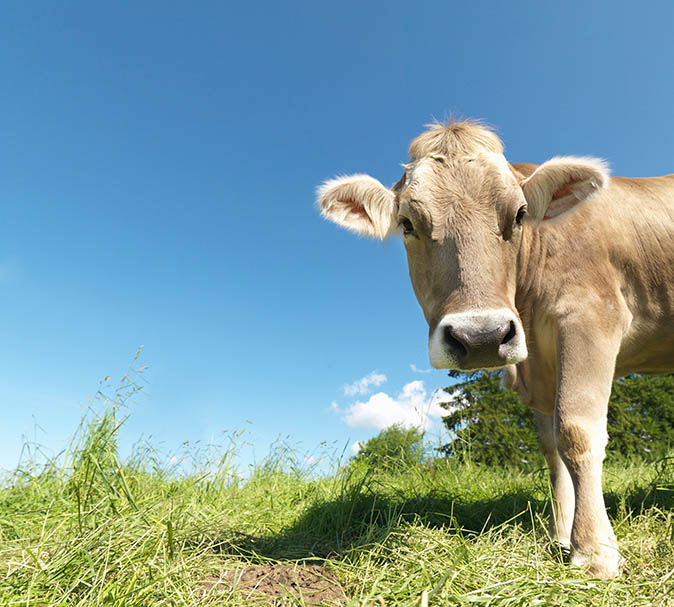
The BBC carries a heart-rending report about the impact of TB on farmers — not least in terms of the distress it can cause watching much-loved animals being destroyed.
But hope could be at hand. Scientists at the Bovine TB Centre of Excellence at Aberystwyth University have managed to develop a test which can tell the difference between a sick cow and one which has been vaccinated — something which has never previously been possible.
The test could mean that cattle can be vaccinated against TB in future. It'll take a few years of research and development before the test will be ready for general use, but it's a huge positive step.
Scientists remain hopeful that a vaccine could end the disease for good. 'The hope is that by bringing more evidence and science to the problem we can eradicate it,' says Professor Glyn Hewinson, head of the research centre.
Quote of the day

'It always seems impossible until it's done'
- Nelson Mandela
Today would have been the 101st birthday of one of the world's greatest political figures; the anti-apartheid revolutionary and former South African President Nelson Mandela.
After spending 27 years in prison for his anti-apartheid politics, Nelson Mandela became the country's first black president and spent his time in office tackling institutional racism. Over 4,000 people attended his funeral in 2013.
Why snow cannons may be the way to save our ice caps
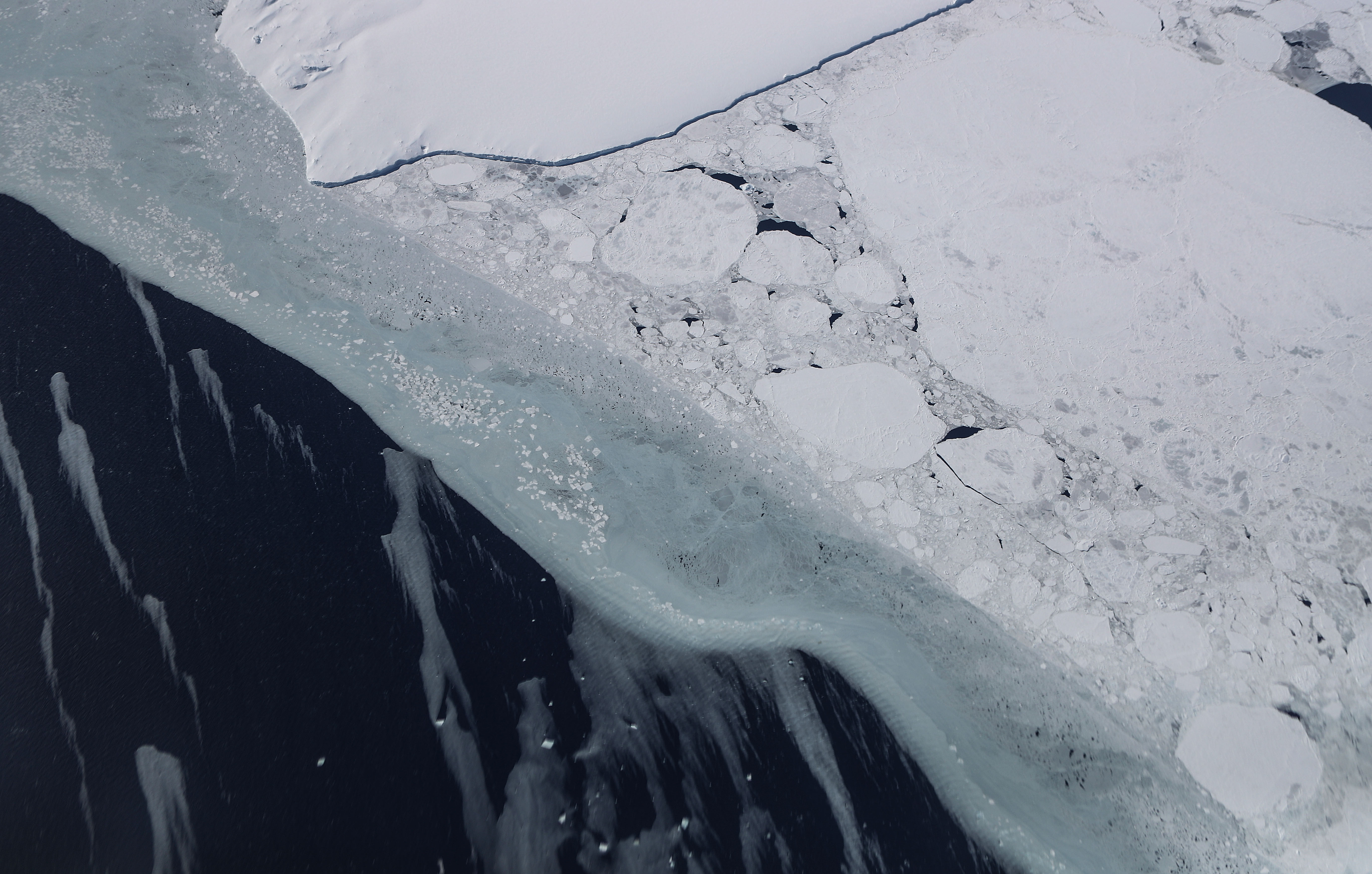
Forever lampooned by avid skiers who prefer 'the real thing', snow cannons may be just the ticket to stop further deterioration of the West Antartic ice sheet.
The theory is that seawater can be turned into ice and returned to the glaciers, creating trillions more tonnes of snowfall and slowing down the melting process.
It's so crazy that it just might work.
And finally... say hello to the world's cutest little predators
Special hat-tip to Kate Evans on Twitter for the warning below this Tweet...
-
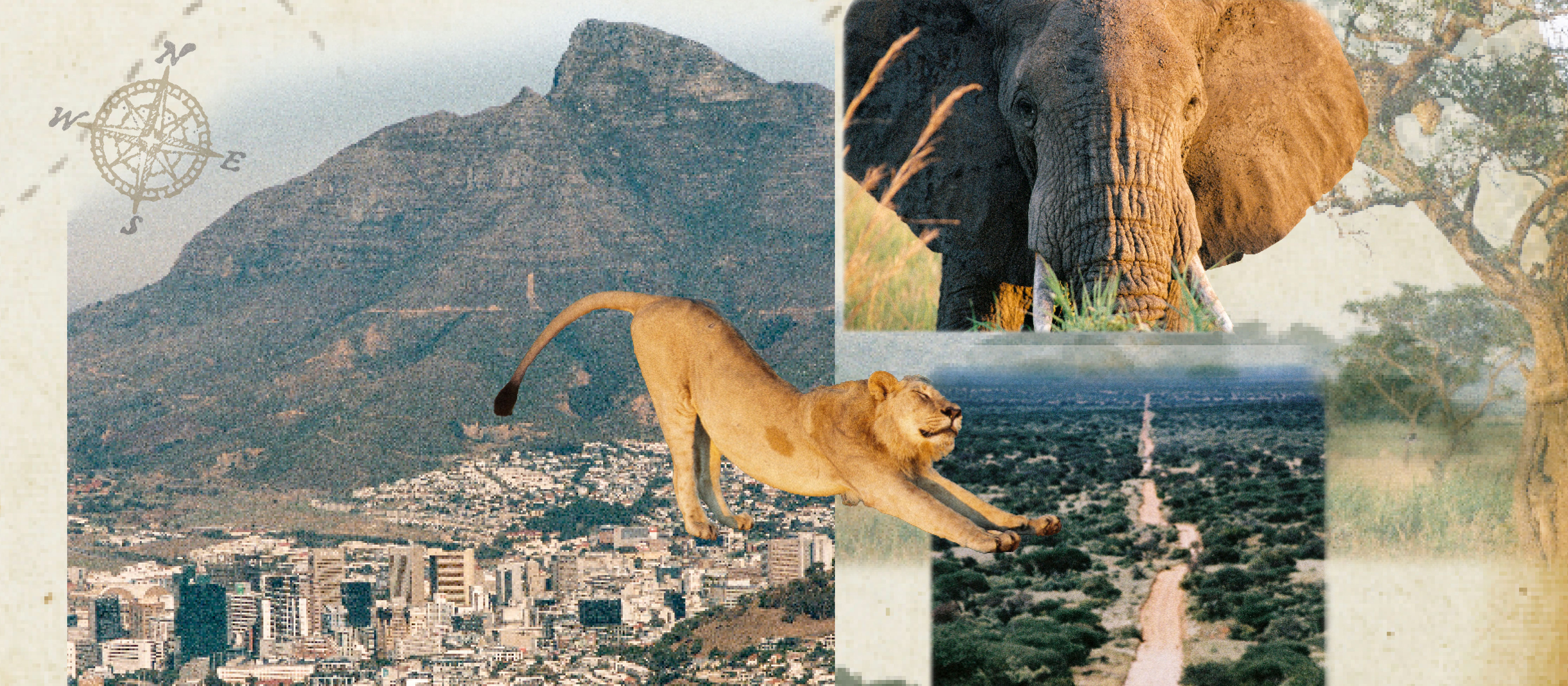 Vertigo at Victoria Falls, a sunset surrounded by lions and swimming in the Nile: A journey from Cape Town to Cairo
Vertigo at Victoria Falls, a sunset surrounded by lions and swimming in the Nile: A journey from Cape Town to CairoWhy do we travel and who inspires us to do so? Chris Wallace went in search of answers on his own epic journey the length of Africa.
By Christopher Wallace
-
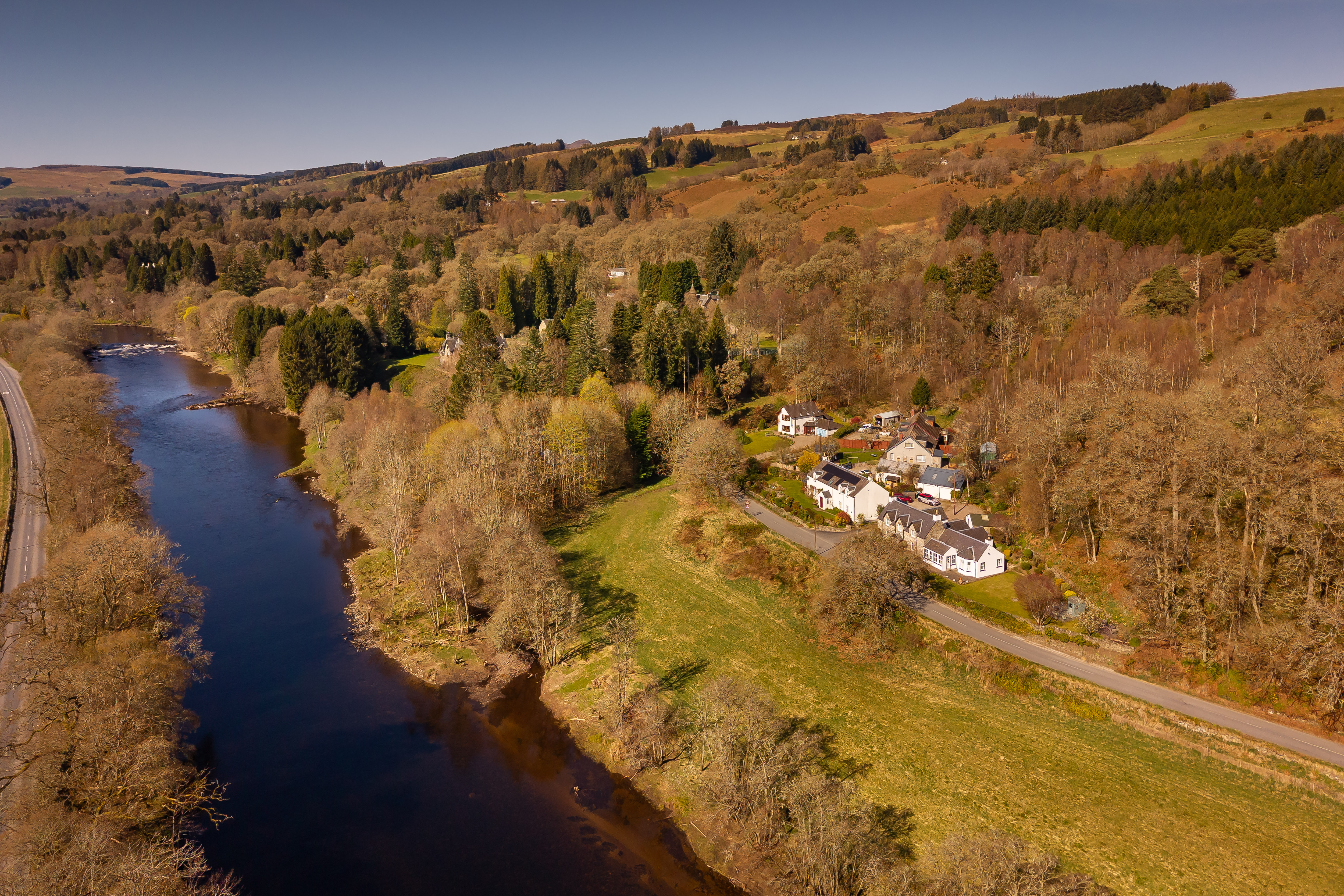 A gorgeous Scottish cottage with contemporary interiors on the bonny banks of the River Tay
A gorgeous Scottish cottage with contemporary interiors on the bonny banks of the River TayCarnliath on the edge of Strathtay is a delightful family home set in sensational scenery.
By James Fisher
-
 The brilliant tractor tribute to the NHS from a group of Warwickshire farmers
The brilliant tractor tribute to the NHS from a group of Warwickshire farmersPeople around Britain have been paying tribute to the efforts of our NHS workers at the time of the coronavirus pandemic — but few have been as creative and clever as this one.
By Toby Keel
-
 London's iconic red bus at risk and 6,000 year old chewing gum gives clues into our DNA history
London's iconic red bus at risk and 6,000 year old chewing gum gives clues into our DNA historyCuts to industry subsidies and an increase in fares has left bus use at its lowest point ever, while DNA extracted from ancient 'chewing gum' allows scientists to decipher the genetic code of a Stone Age woman.
By Alexandra Fraser
-
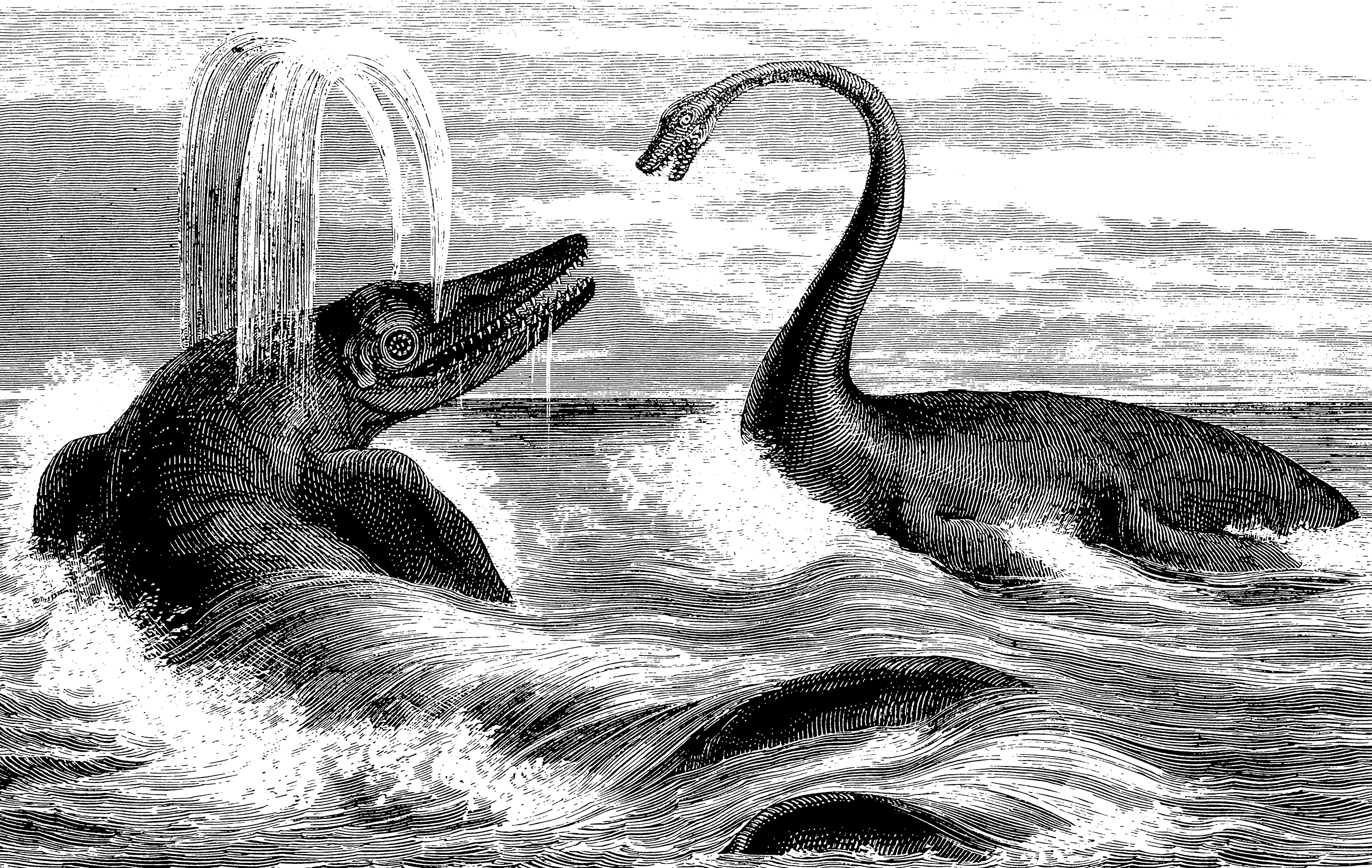 90-million-year-old 'swimming dinosaur' skeleton found by dogs out walking in Somerset, and the nonchalant moths who don't bother fleeing enemies
90-million-year-old 'swimming dinosaur' skeleton found by dogs out walking in Somerset, and the nonchalant moths who don't bother fleeing enemiesA superbly intact dinosaur skeleton — described as being 'museum quality' — has been discovered on a beach in Somerset.
By Toby Keel
-
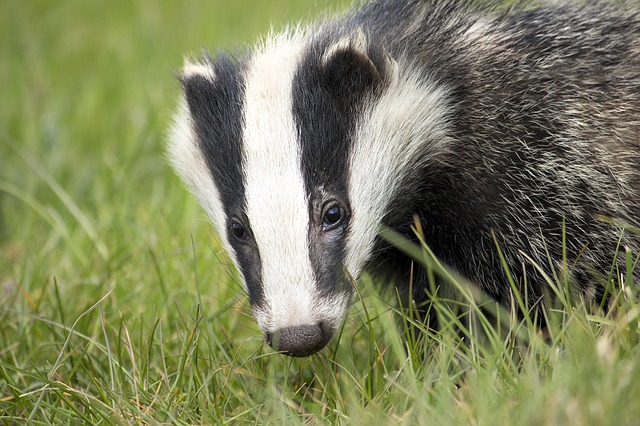 Battle to ban 4x4s from the idyllic Lake District spot bequeathed by Beatrix Potter, eagle fights octopus and the 'snail's pace' climate talks
Battle to ban 4x4s from the idyllic Lake District spot bequeathed by Beatrix Potter, eagle fights octopus and the 'snail's pace' climate talksThis morning we look at Little Langdale's fight for peace, reflect on the climate change talks in Madrid and discover the soundtrack for Brexit.
By Toby Keel
-
 Country Life Today: How Greta Thunberg shifted the dial on climate change — and the backlash shows just how much
Country Life Today: How Greta Thunberg shifted the dial on climate change — and the backlash shows just how muchThis morning we ponder whether Greta Thunberg is the Joan of Arc for the environmental movement, look at a key election — one from 19 years ago — and ponder the marvel of 'dad tidying'.
By Toby Keel
-
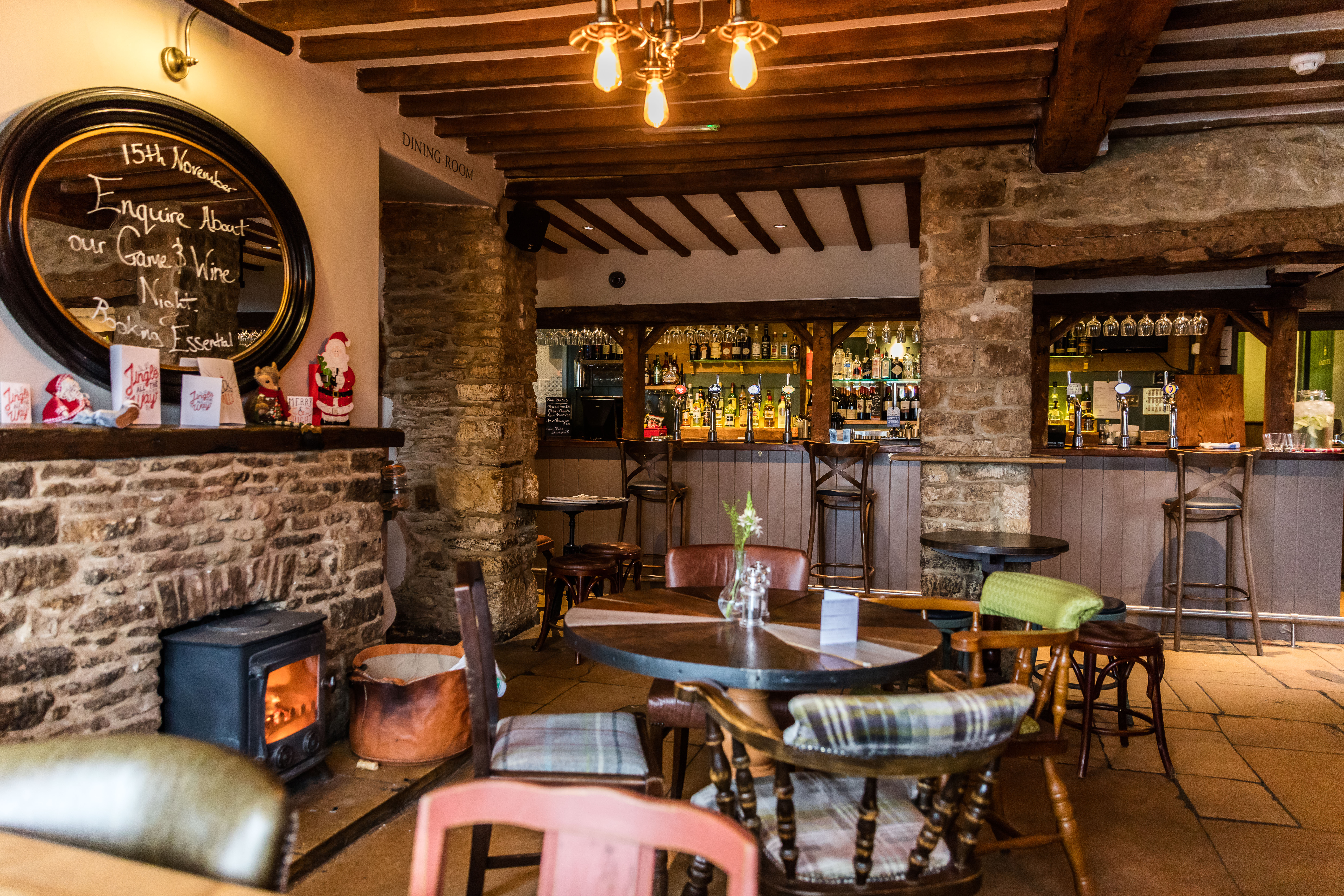 Country Life Today: Great news for those who love our great country pubs — the years of decline are over
Country Life Today: Great news for those who love our great country pubs — the years of decline are overThere is a great sign of health in the pub industry, we look back at Edward VIII's abdication message and fret about Greenland's melting ice.
By Toby Keel
-
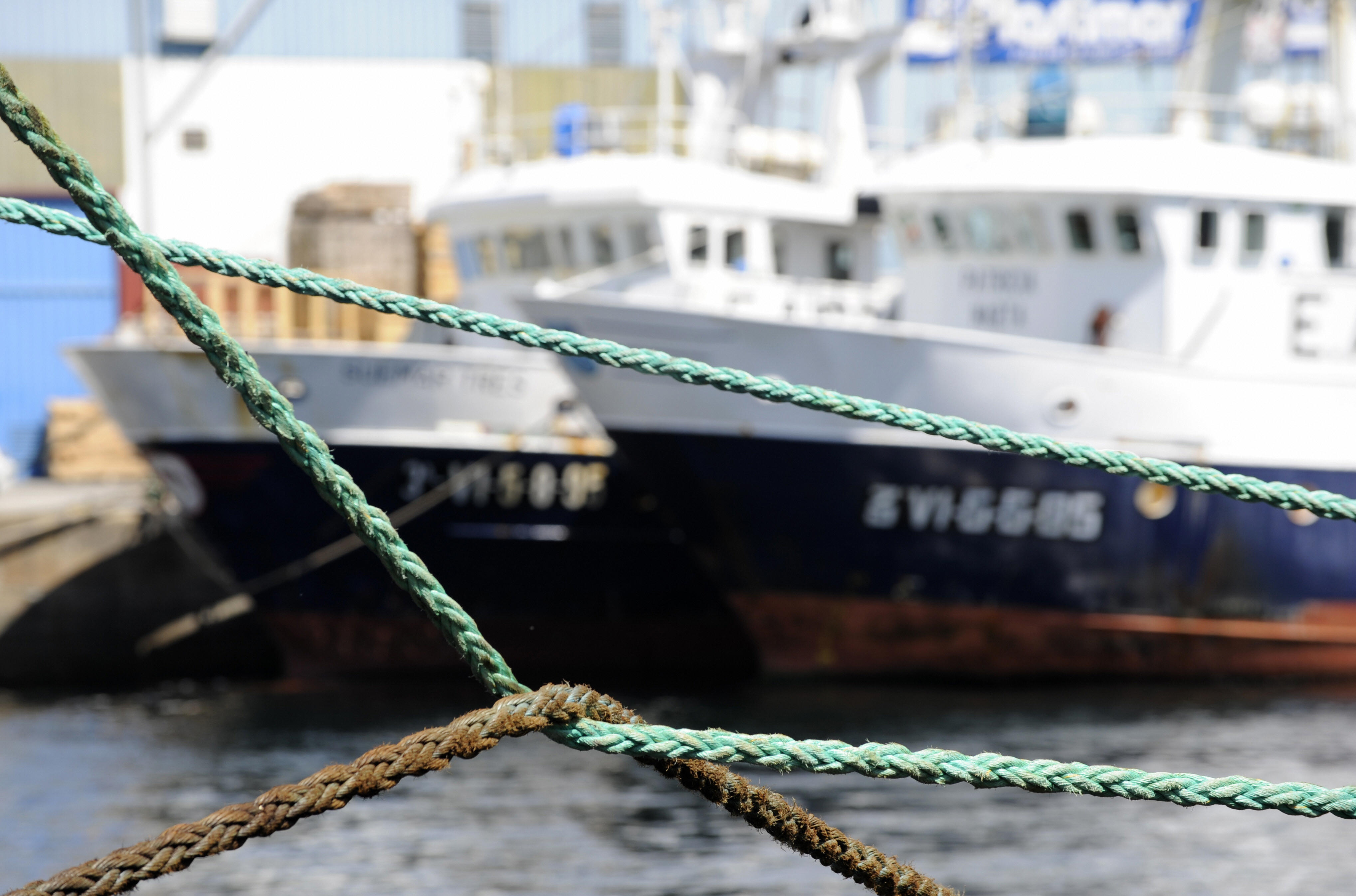 Country Life Today: Spain accused of being 'a deplorable choice' for UN climate conference
Country Life Today: Spain accused of being 'a deplorable choice' for UN climate conferenceA no-holds-barred assault on the Spanish fishing industry, Banksy raising awareness of the homeless and the woes of the Christmas jumper are in today's news round-up.
By Carla Passino
-
 Country Life Today: 'This is perhaps the ultimate wake-up call from the uncontrolled experiment humanity is unleashing on the world’s oceans'
Country Life Today: 'This is perhaps the ultimate wake-up call from the uncontrolled experiment humanity is unleashing on the world’s oceans'In today's round up, we examine why oxygen loss is putting oceans at risk, discover that action to cut air pollution brings almost immediate benefits to human health and find out which bird's arrival marks the start of winter in Gloucestershire.
By Carla Passino